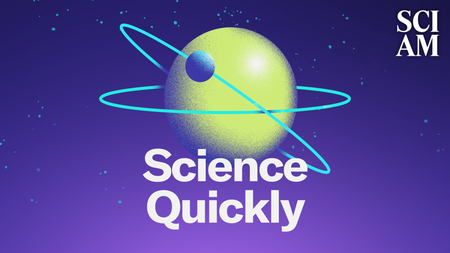
Brains Process Speech and Singing Differently
Musicologists and neuroscientists have been trying to understand what turns speech into music.
Allison Parshall is an associate editor at Scientific American covering mind and brain. She writes the magazine's Contributors column and weekly online Science Quizzes. As a multimedia journalist, she contributes to Scientific American's podcast Science Quickly. Parshall's work has also appeared in Quanta Magazine and Inverse. She graduated from New York University's Arthur L. Carter Journalism Institute with a master's degree in science, health and environmental reporting. She has a bachelor's degree in psychology from Georgetown University.

Brains Process Speech and Singing Differently
Musicologists and neuroscientists have been trying to understand what turns speech into music.
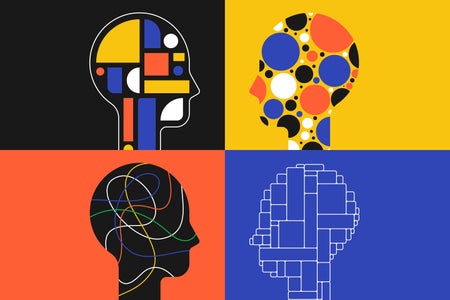
Researchers Identify Four Autism Subtypes with Distinct Genes and Traits
Autism has at least four subtypes, an analysis of more than 5,000 children’s genes, traits and developmental trajectories has shown
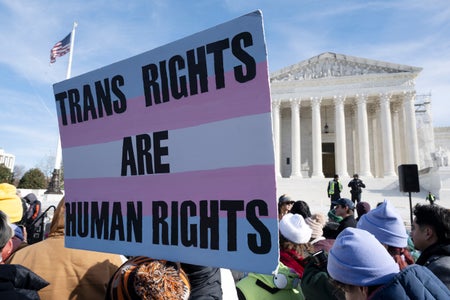
How Supreme Court Trans Health Care Ruling Will Affect Kids
The Supreme Court has decided to uphold a state ban on gender-affirming care for minors in U.S. v. Skrmetti
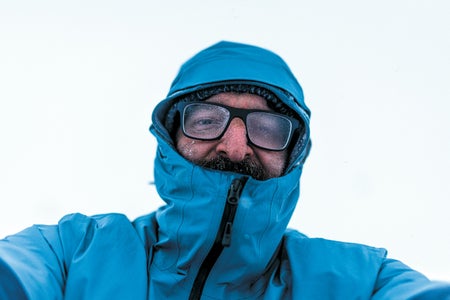
Contributors to Scientific American’s July/August 2025 Issue
Writers, artists, photographers and researchers share the stories behind the stories
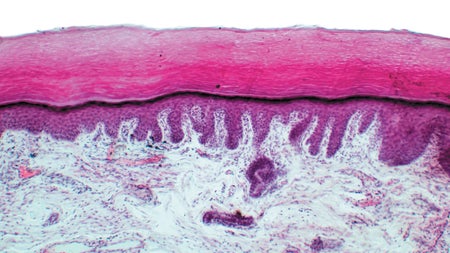
Skin Cells ‘Scream’ for Help When Injured
Our skin’s epithelial cells send electrical signals like neurons to cry out for help
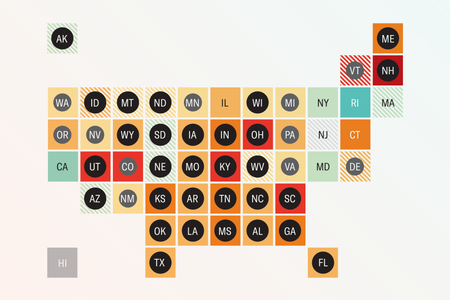
New Map Shows How Gun Deaths of Children Have Increased in States with Loose Firearm Laws
Gun violence is the leading cause of death of children in the U.S.—and states with loose gun control laws bear the heaviest burden, a new study found
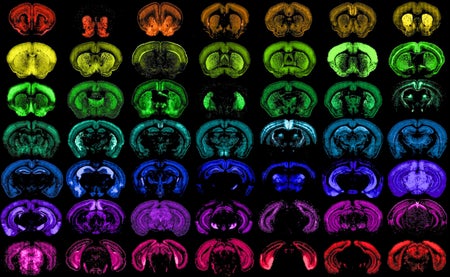
Engineered Viruses Make Neurons Glow and Treat Brain Disease
Neuroscientists can now make precise genetic tweaks to the neurons that are most affected by brain diseases such as Parkinson’s, Huntington’s and ALS
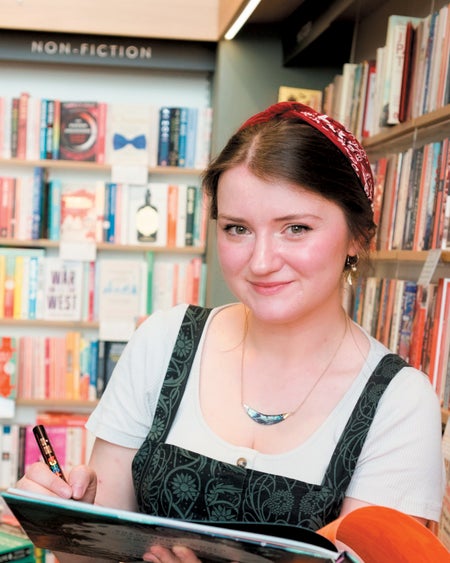
Contributors to Scientific American’s June 2025 Issue
Writers, artists, photographers and researchers share the stories behind the stories
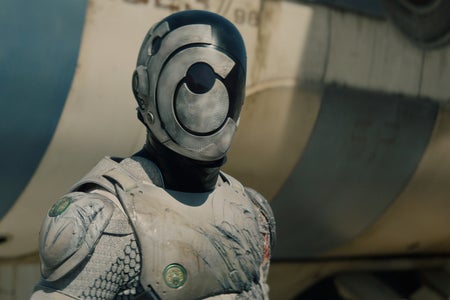
The Neuroscience of Murderbot’s Cyborg Brain
What would it take to create a cyborg brain like the one in the new TV show Murderbot? The answer reveals what makes our own brain so unique
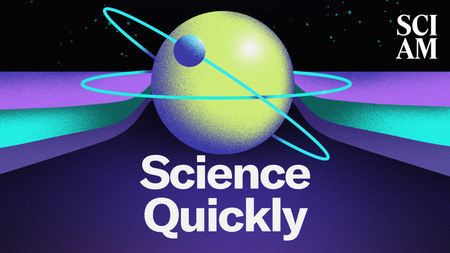
Accidental Alchemy, Flamingo Food Tornado, and Kosmos-482 Lands
Kosmos-482 crash-lands, physicists turn lead to gold and animals show some clever behaviors.
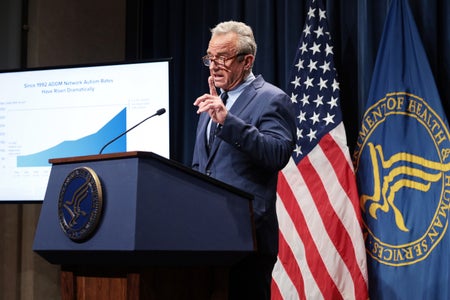
What RFK, Jr., Got Wrong about Autism, according to Scientists
A coalition of autism scientists has formed to counter RFK, Jr.’s misrepresentations of science and of autism spectrum disorder
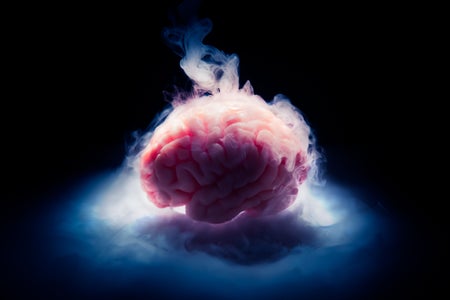
Where Does Consciousness Come From? Two Neuroscience Theories Go Head-to-Head
Two leading theories of consciousness went head-to-head—and the results may change how neuroscientists study one of the oldest questions about existence

Lifesaving Alzheimer’s Research Delayed by Trump Funding Cuts
The Trump administration is freezing, delaying and revoking funding for dementia research, setting back discoveries of potential future treatments
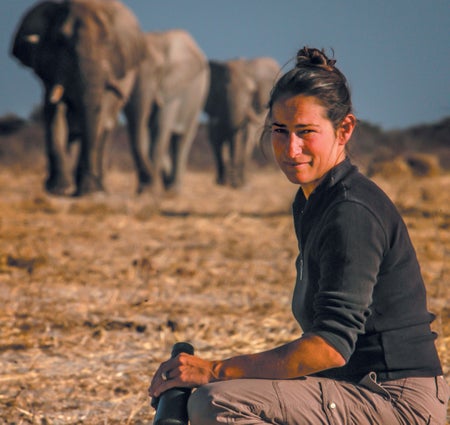
Contributors to Scientific American’s May 2025 Issue
Writers, artists, photographers and researchers share the stories behind the stories

It’s Not in Your Head—Why 50-Degree-F Days Feel Warmer in Spring Than in Fall
There are real, physiological reasons why the same temperature feels different in April and October
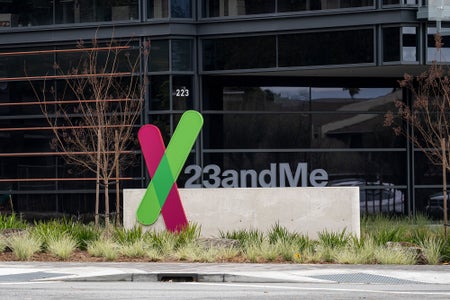
What 23andMe Bankruptcy Means for Your Genetic Privacy
The bankruptcy of 23andMe highlights a lack of protections for genetic privacy in the U.S.

ADHD Misinformation Is Common on TikTok. Here’s How to Spot It
With limited access to mental health care, people looking for answers about ADHD are turning to TikTok, where information is frequently misleading or inaccurate
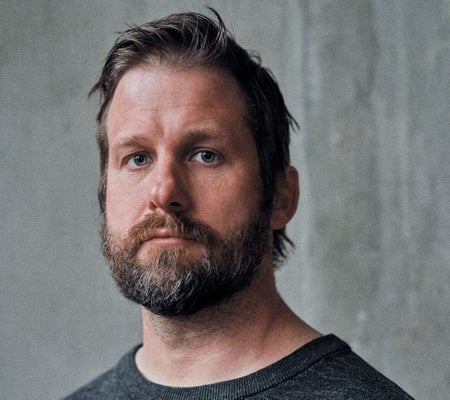
Contributors to Scientific American’s April 2025 Issue
Writers, artists, photographers and researchers share the stories behind the stories
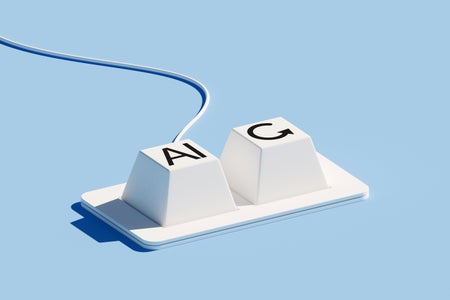
Is ChatGPT a Drug? Metaphors Show What Students Think of AI
Analyzing the metaphors we use to talk about ChatGPT can reveal how we’re thinking about the new tech
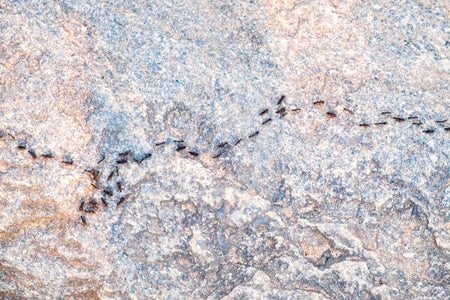
How Ants May Save You from Future Traffic Jams
Ants’ tactics to avoid traffic jams could be applied to future self-driving cars
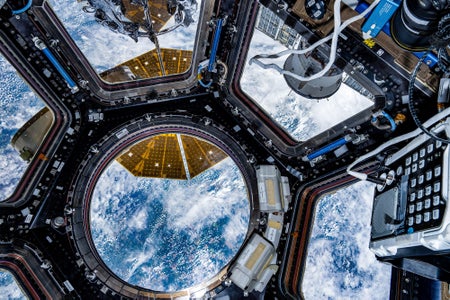
The International Space Station May Need More Microbes to Keep Astronauts Healthy
The overly sterile environment of the International Space Station is missing important microbes, a new detailed map shows. If we want to live off Earth, we may need to take more of our bacterial friends with us
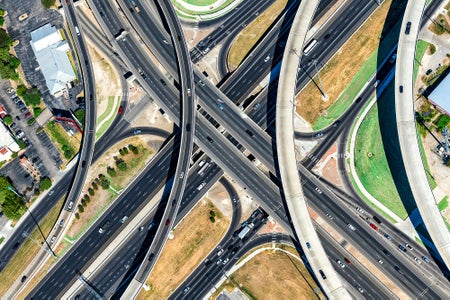
Widening Highways Doesn’t Fix Traffic. Here’s What Can
Highway widening projects usually don’t solve congestion, but less expensive toll programs known as congestion pricing can. Here’s why

Measles Outbreaks, Asteroid Risks and Fish Friends
In this week’s news roundup, we cover activity from the black hole at our galaxy’s center and a troubling measles outbreak in Texas.
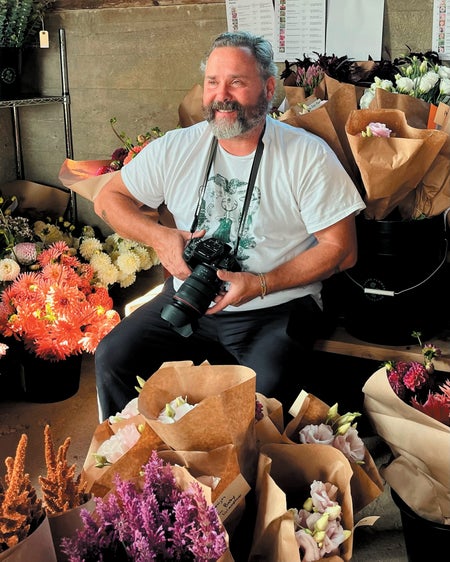
Contributors to Scientific American’s March 2025 Issue
Writers, artists, photographers and researchers share the stories behind the stories